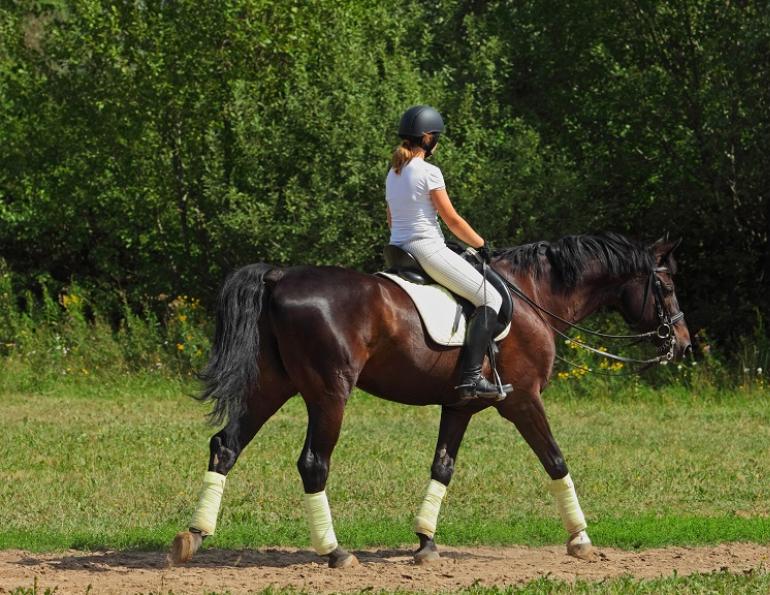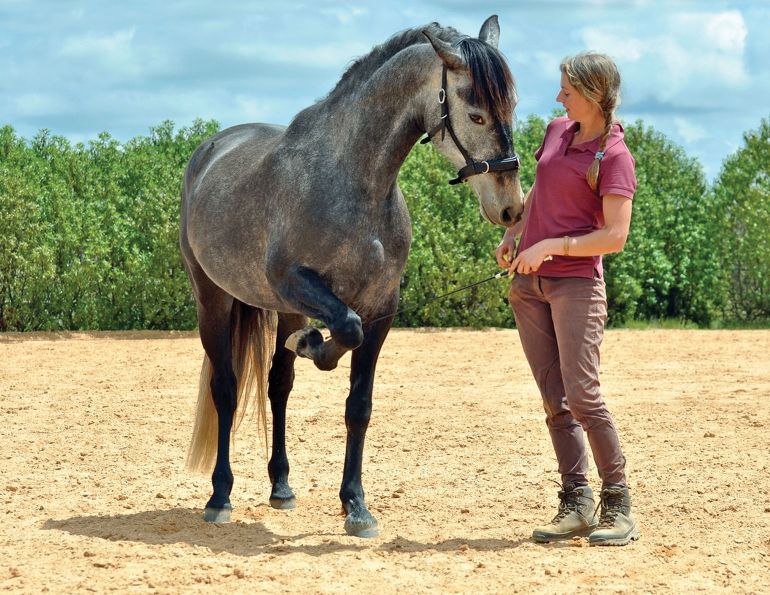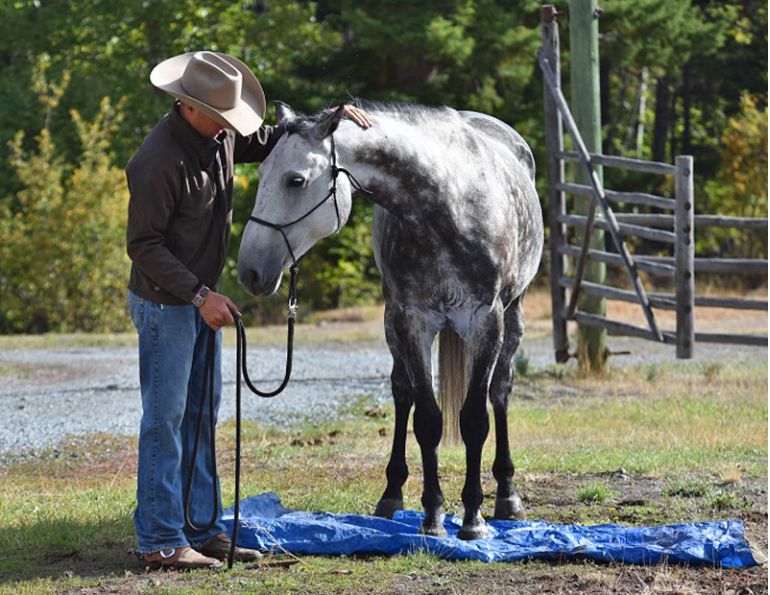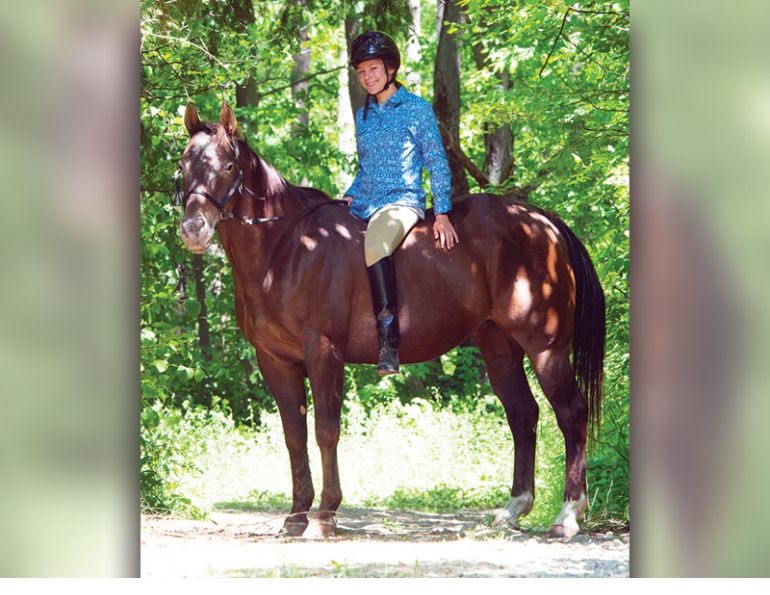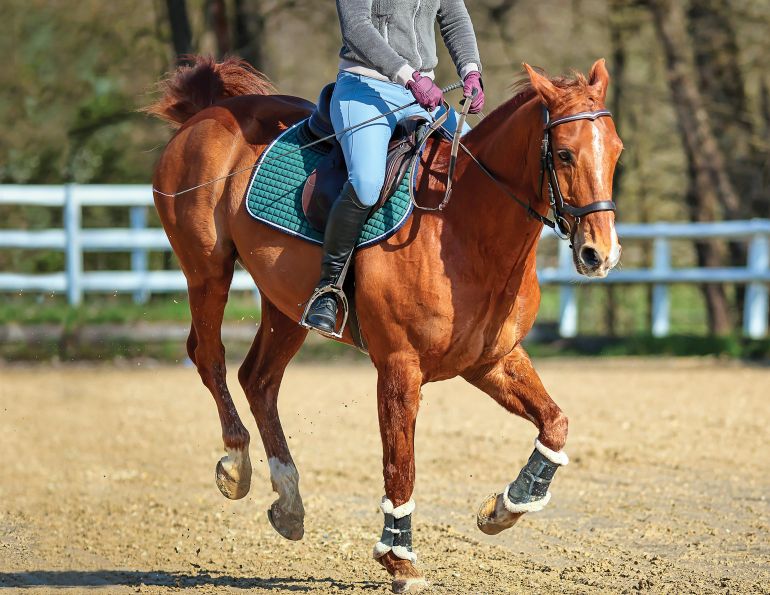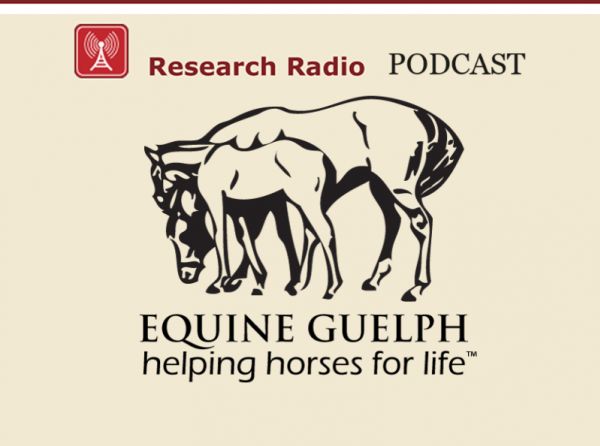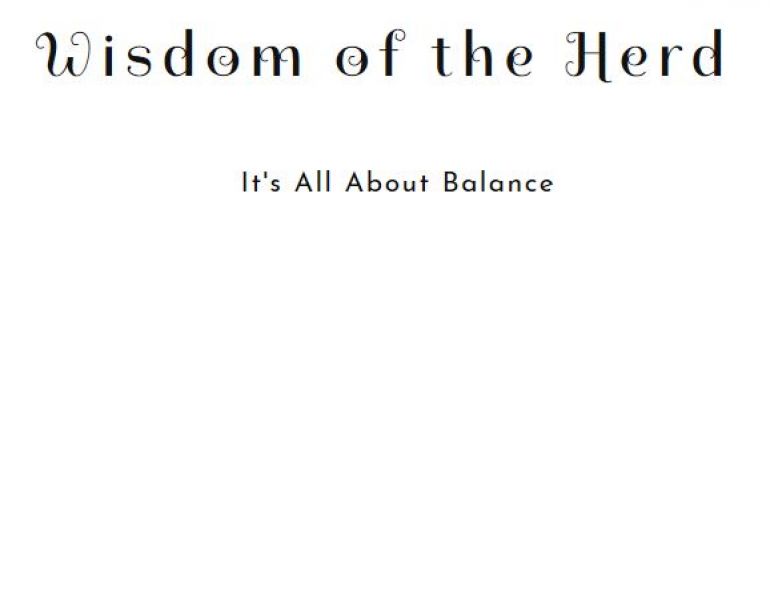By Mark Andrews
Those who care for horses are encouraged to take part in a worldwide study of equine behaviour.
“The increase in popularity of having a horse as a recreational companion has stimulated a diversity of opinions as to what constitutes normal and abnormal equine behaviour, and what defines effective and humane training,” says Paul McGreevy, Professor of Animal Welfare and Behaviour at the University of Sydney, in a letter to the Veterinary Record, the official journal of the British Veterinary Association.
To explore the influence of training and management on horse behaviour, Professor McGreevy and his research team have launched the Equine Behaviour Assessment and Research Questionnaire (E-BARQ), a global database of horse behaviour.
He explains that the non-profit project allows the equine community throughout the world to donate their observational data and gain unique benefits in return.
The research aims to reveal information on how training and management affects behaviour and how, in turn, behaviour affects horse welfare.
Horse owners will be able to compare their horse’s behaviour with that of other horses around the world. E-BARQs “share and compare” graphs will reveal attributes such as trainability, rideability, handling, compliance, boldness, and human social confidence.
E-BARQ is open to all horse owners/handlers, regardless of their horses’ breed, height, or age, and provides users with a free dashboard to store their horses’ results and track their progress.
Participants will gain an insight into where their horses are performing well and where they may need help. They will also be able to monitor their horse’s progress over time by returning to their E-BARQ dashboard every six months and re-taking the questionnaire, updating their scores.
E-BARQ can be accessed at e-barq.com.
Printed with permission of Mark Andrews, Equine Science Update.
This article was originally published in the Early Summer 2020 issue of Canadian Horse Journal.
Photo: Shutterstock/Osetrik





